The Second Conference of the Heads of the National Security Authorities of the South East European CountriesBrdo, 7 -9 May 2012
The Second Conference of the South East European National Security Authorities (SEENSA) took place on 7-9 May 2012 in Brdo, Republic of Slovenia. The conference was attended by the heads and representatives of the National Security Authorities of the Republic of Albania, Bosnia and Herzegovina, Republic of Bulgaria, Republic of Croatia, Kosovo, Republic of Macedonia, Republic of Moldova, Republic of Montenegro, Romania, Republic of Slovenia and Republic of Serbia. The conference was also attended by Mr. Hido Biščevič, the RCC Secretary General, Mr. David Galloway, Deputy Director-General of the General Secretariat of the Council of the European Union and Mr. Stephen Smith, the Director of the NATO Office of Security. As the meeting coincided with the tenth anniversary of the Slovenian NSA, upon the host’s invitation, seven NSAs from the EU member states participated: Czech Republic, Republic of Estonia, Kingdom of Great Britain, Hungary, Kingdom of Luxemburg, Republic of Poland and Kingdom of Spain. Four working groups (WG) were established at the conference: on training and education for handling of classified information, on cyber defence, on industrial security of classified information and on legal basis for exchange and protection of classified information. The Directorate for Security of Classified Information became a leading NSA of the WG on “Training” and other three NSAs will have a co-leading role, the NSAs of the Republic of Bulgaria, Kosovo and Republic of Slovenia. This group is tasked to make an analysis of the needs of the NSAs of the SEE countries concerning training and education in the area of the protection of classified information, and to identify the capacities of the countries for conducting training, including the facility capacities, lecturers and the possibilities for initiating training via electronic means, i.e. distance learning. For accomplishing its task, the Working Group has received full support from the RCC, the General Secretariat of the Council of the European Union and the NATO Office of Security. |
|
|
||

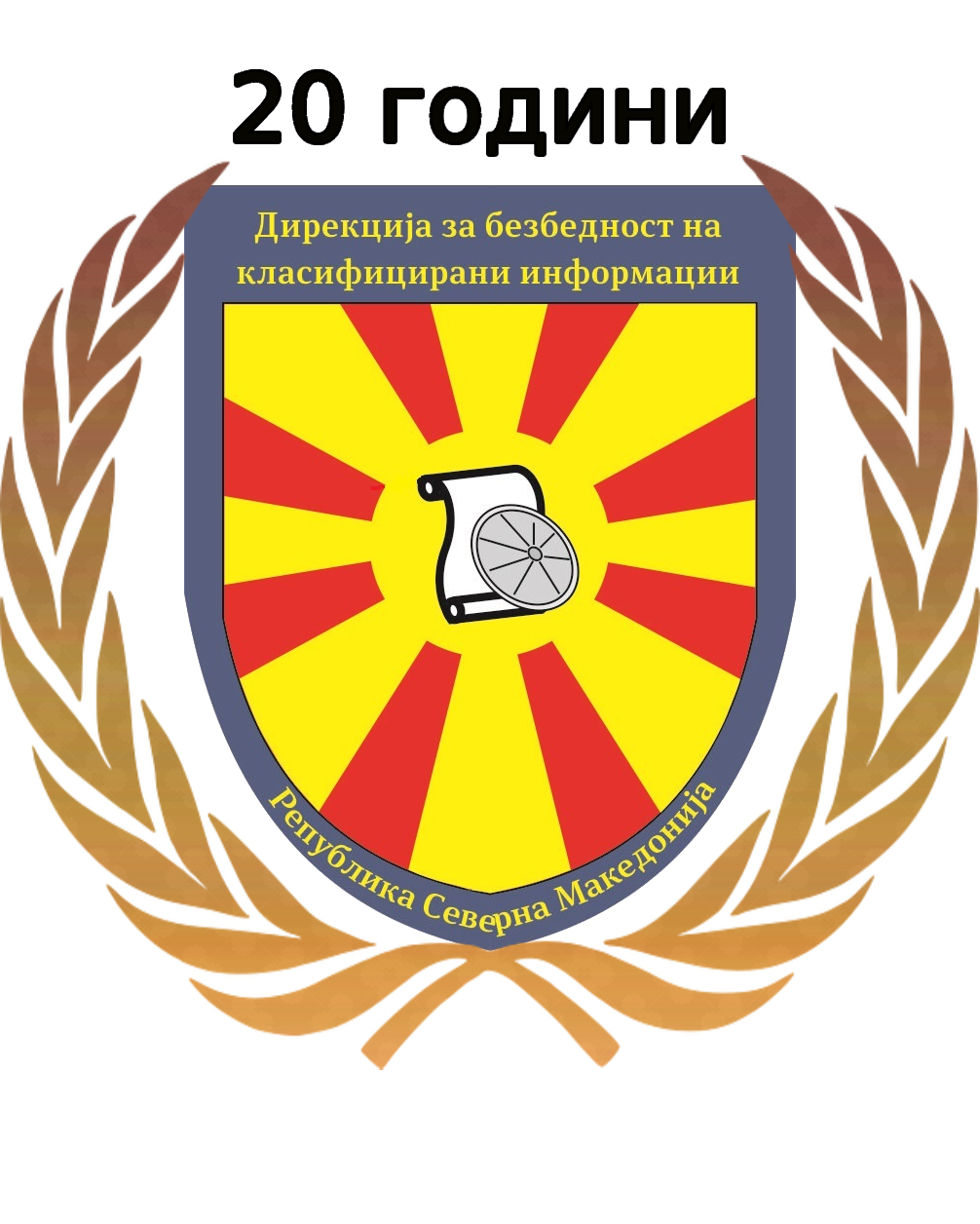
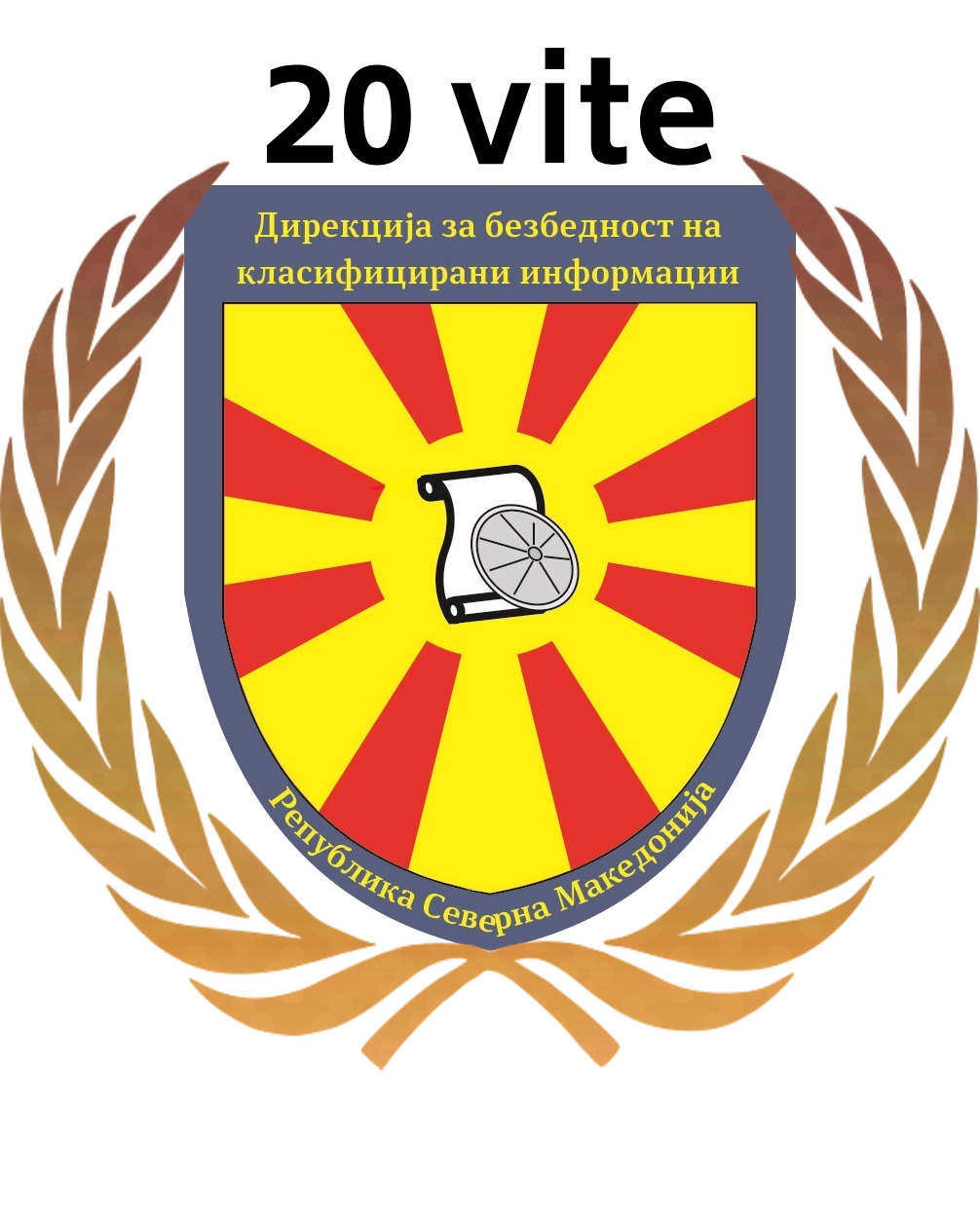
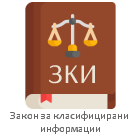

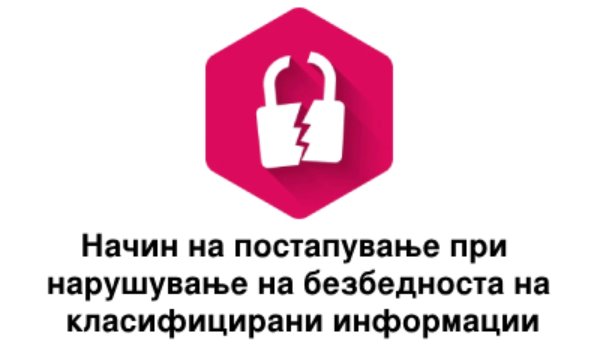
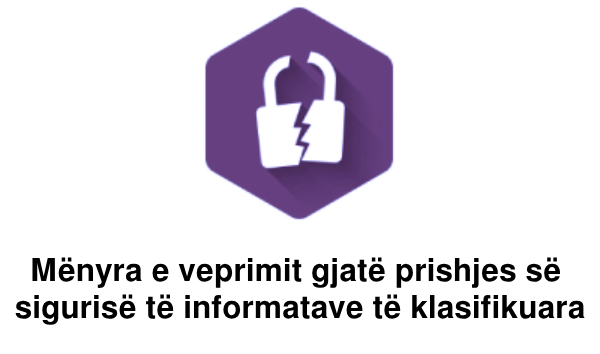
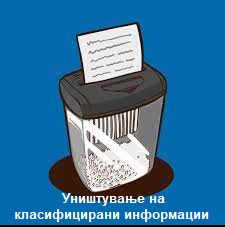
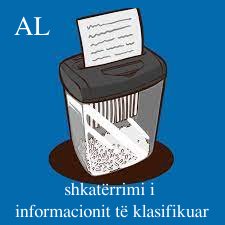
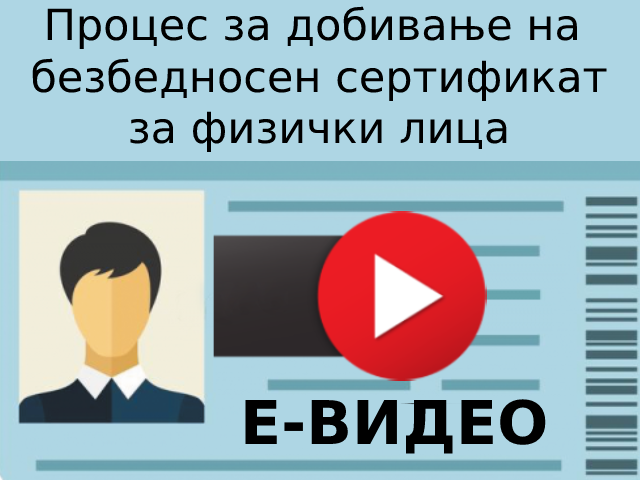
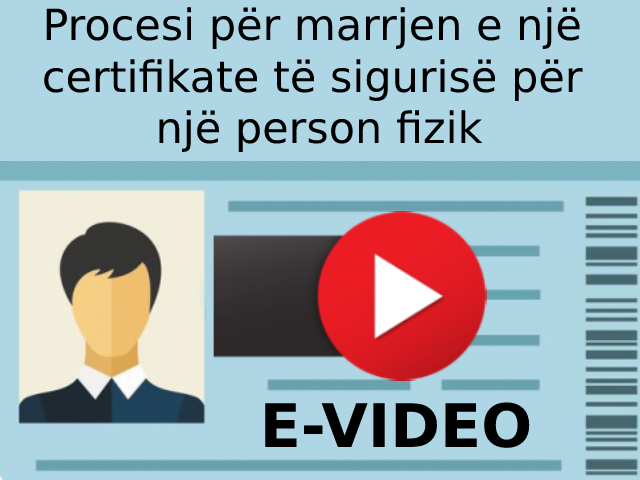

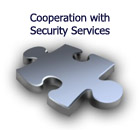
 ShareThis
ShareThis